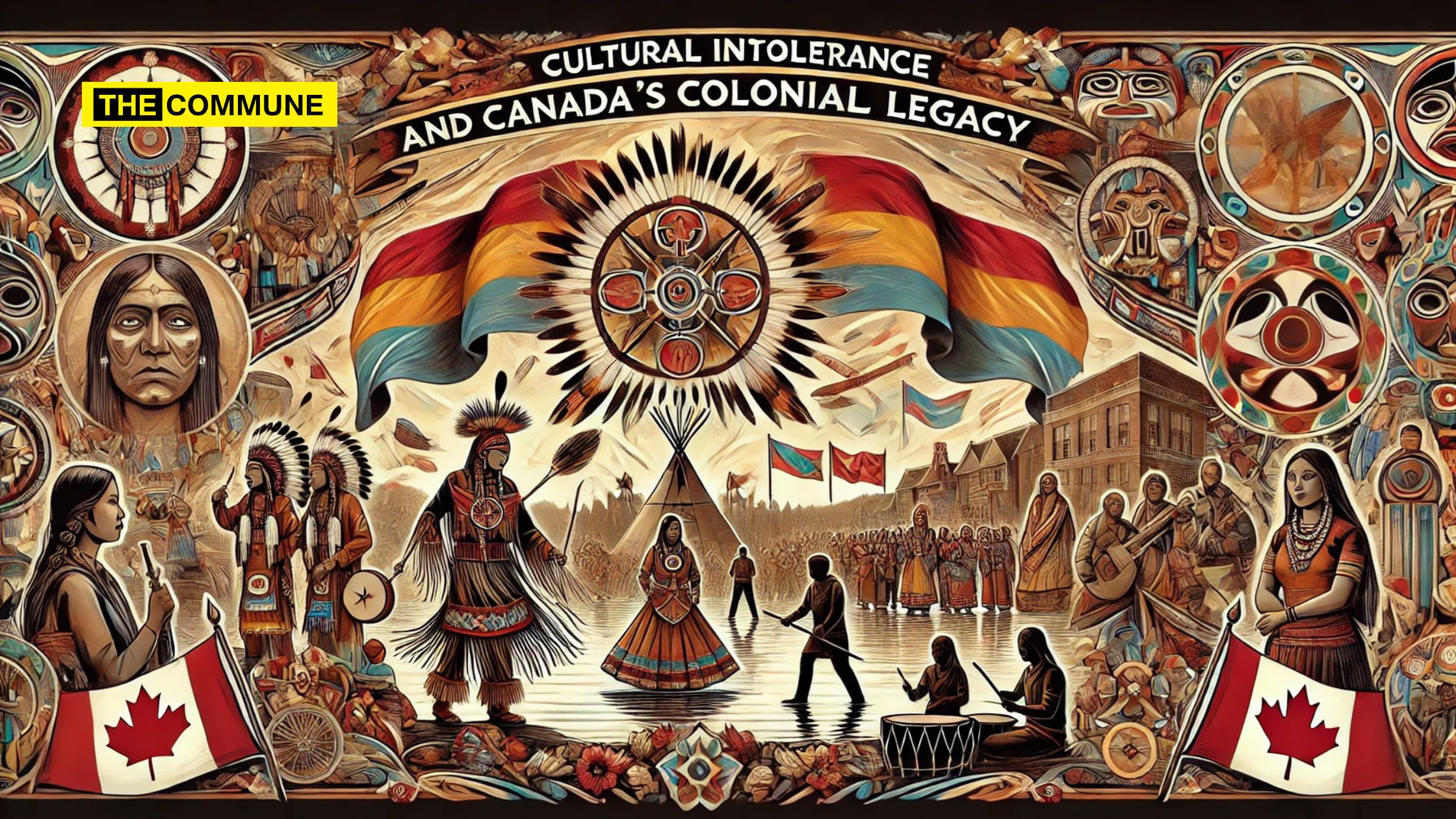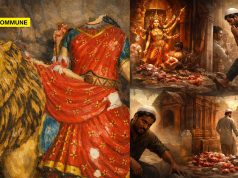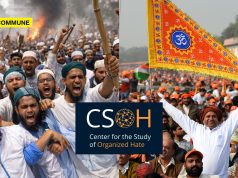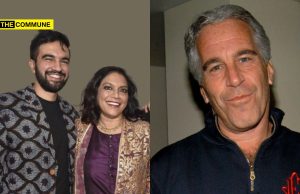
The recent controversy sparked by Sadie Crowell’s derogatory comments about an Indian wedding in Canada has reignited debates around cultural intolerance, systemic racism, and the essence of multiculturalism in Canadian society. Beyond the immediate controversy, this incident presents an opportunity to reflect on Canada’s deeper historical context as an occupied territory and the cultural parallels between Indigenous communities and immigrant traditions, particularly Indian culture.
Canada: An Occupied Territory
Canada, as it stands today, is a nation built on lands that historically belonged to Indigenous tribes. Before European colonisation, the First Nations, Métis, and Inuit peoples lived across these lands for thousands of years. The arrival of European settlers brought displacement, cultural erasure, and marginalization of Indigenous communities. Treaties were often violated or manipulated, and Indigenous peoples were forced onto reserves, their land and resources exploited in the name of progress. To this day, many Indigenous communities face systemic disadvantages, including poverty, inadequate healthcare, and lack of access to clean drinking water.
The irony of a Canadian citizen criticizing a cultural celebration such as an Indian wedding becomes stark when one considers that the very land on which she lives was forcibly taken from its original stewards. Indigenous cultures are deeply rooted in communal celebrations, music, dance, and rituals that resemble Indian traditions. Yet, Indigenous expressions of culture were suppressed under colonial rule, much like the racism and intolerance faced by immigrant communities today.
Cultural Parallels: Indigenous And Indian Traditions
Both Indigenous and Indian cultures share a profound connection to communal living, respect for nature, and vibrant celebratory practices. Traditional Indigenous powwows, for instance, involve music, drumming, and dancing, which are central to their community’s identity and spirituality. Similarly, Indian weddings are a reflection of familial bonds, spirituality, and joy, often expressed through music, dance, and rituals.
Both cultures value community over individuality, which can be misinterpreted as disruptive or noisy in Western societies. This misunderstanding stems from a Eurocentric worldview that prioritizes silence and individualism, often at the expense of community cohesion and cultural expression. The Indian wedding that Crowell criticized is not just a social event but a deeply spiritual and cultural milestone, much like many Indigenous ceremonies that were historically banned or stigmatized by colonial authorities.
Multiculturalism Under Scrutiny
Canada prides itself on being a multicultural society, yet incidents like this reveal the fragility of that ideal. For multiculturalism to thrive, it must go beyond tolerance to embrace genuine acceptance and respect for diverse traditions. Crowell’s comments and the support they received highlight a troubling trend of xenophobia disguised as concerns about noise or disruption. These attitudes ignore the contributions of immigrants to Canada’s social, cultural, and economic fabric while perpetuating a narrative of “otherness.”
The criticism of Indian weddings—or any cultural practice—must be contextualized within Canada’s colonial history. The land belongs to Indigenous peoples, whose traditions were once seen as disruptive and uncivilized by colonizers. Today, similar labels are applied to immigrant communities, exposing a cyclical pattern of marginalization. Instead of perpetuating division and racism, Canada has an opportunity to foster a society that celebrates cultural diversity as a strength, rather than a source of conflict.
Incidents like this should serve as a wake-up call for Canadians to educate themselves about the histories and contributions of both Indigenous peoples and immigrant communities. Recognizing Canada as an occupied territory should inspire greater empathy for those who bring their traditions to these lands. By embracing the shared values of community, spirituality, and celebration found in both Indigenous and immigrant cultures, Canada can truly live up to its multicultural promise.
It is only by addressing these underlying issues—the legacy of colonialism, systemic racism, and cultural intolerance—that Canada can move towards a more inclusive and harmonious society. The conversation must shift from division to understanding, from exclusion to celebration, and from ignorance to respect.
Ganesh Kumar is a geo-political analyst.
Subscribe to our channels on Telegram, WhatsApp, and Instagram and get the best stories of the day delivered to you personally.




